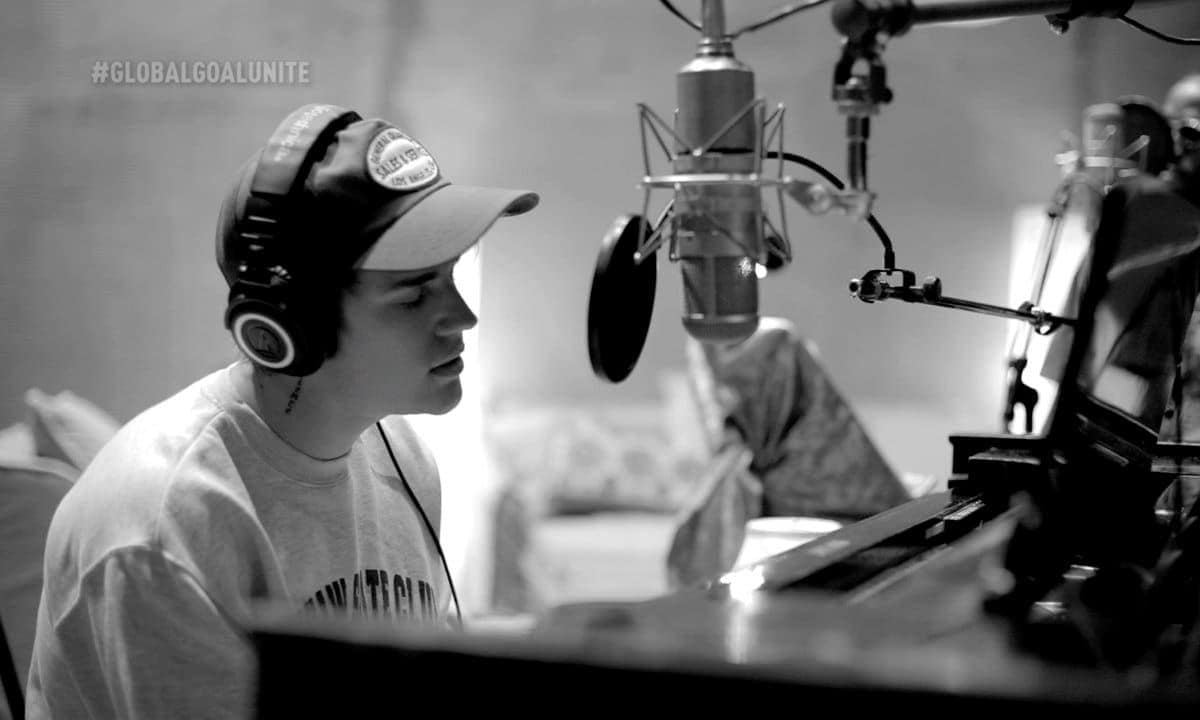Justin Bieber has sparked controversy with the release of his studio album Justice , and while he is enjoying the success of his new record, he addressed his decision to include a two-minute track that has a famous speech from Martin Luther King Jr.
During his most recent interview, Justin responded to the backlash he received after fans listened to the MLK interlude, explaining the importance of including the track, because he wants to continue the conversation about Black Lives Matter .
He also admitted that growing up in Canada, Black history “was just not part” of their education system, and now that he has a platform, he wanted to share “this raw moment of Martin Luther King in a time where he knew he was going to die for what he was standing up for.”
Justin also addressed some insensitive moments at the start of his career, confessing that coming from Canada and being uneducated, led him to make “insensitive jokes” as a kid, adding that he was part of the problem because he didn’t know any better.
While fans of the artist had mixed reactions, with some people expressing their confusion on social media and describing the move as “trashy and inappropriate,” others supported his decision.
Including Martin Luther King’s daughter Bernice King, who took to twitter to express the importance of artists and entertainers to do their part in the global movement for justice, thanking Justin for using his platform to “end racism.”
,type=downsize)





